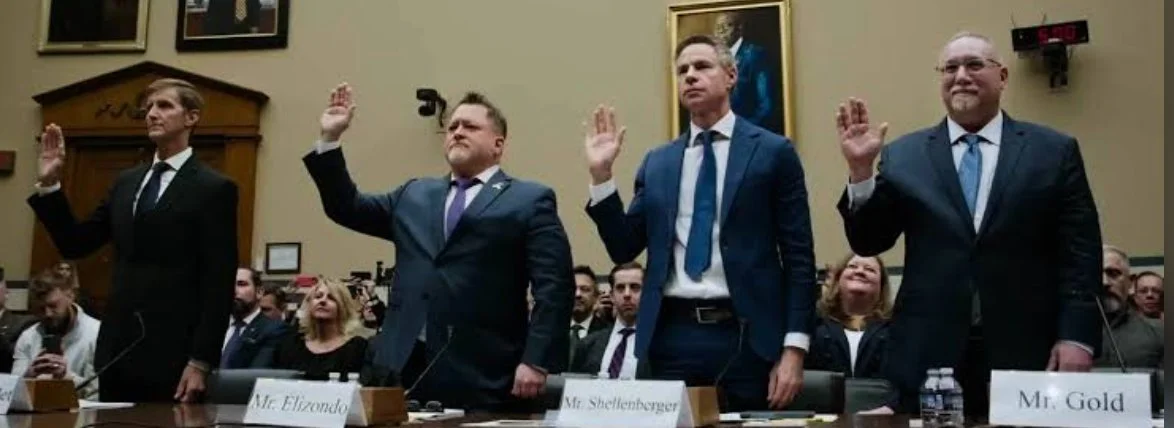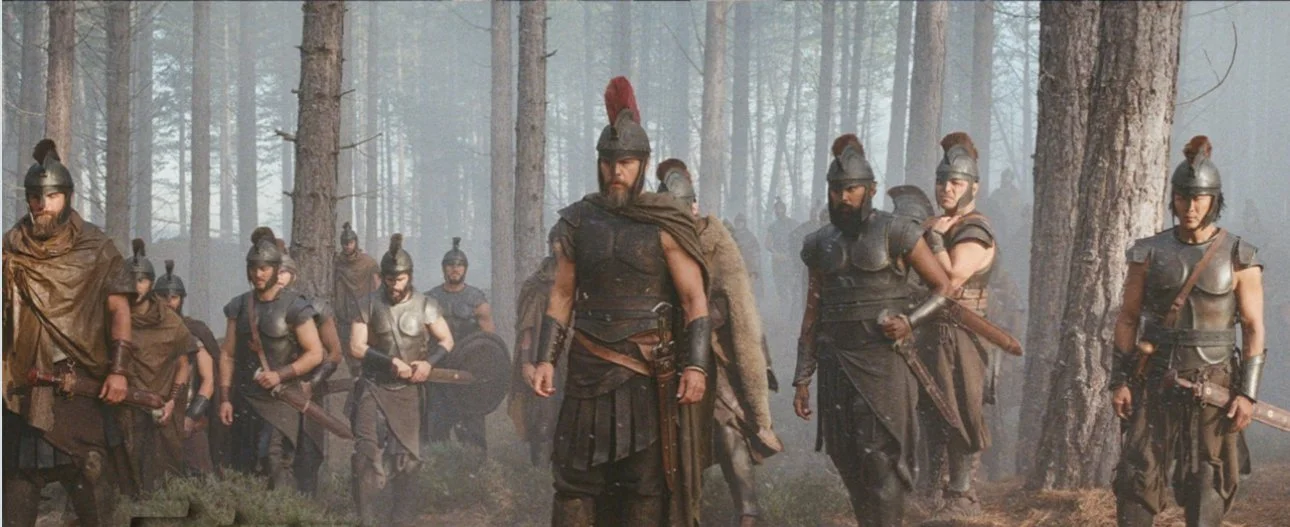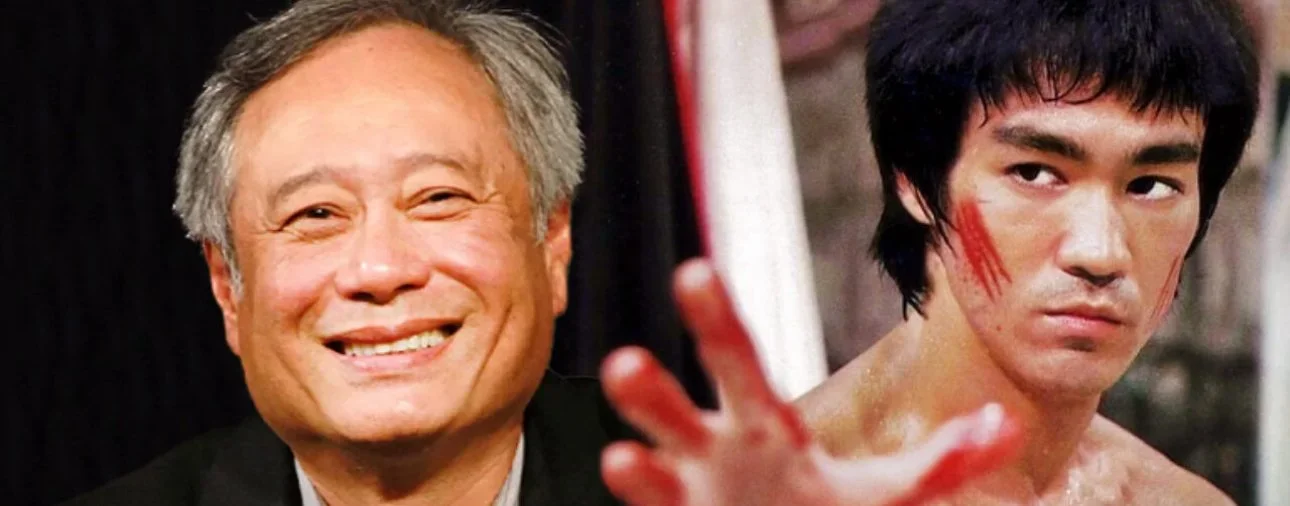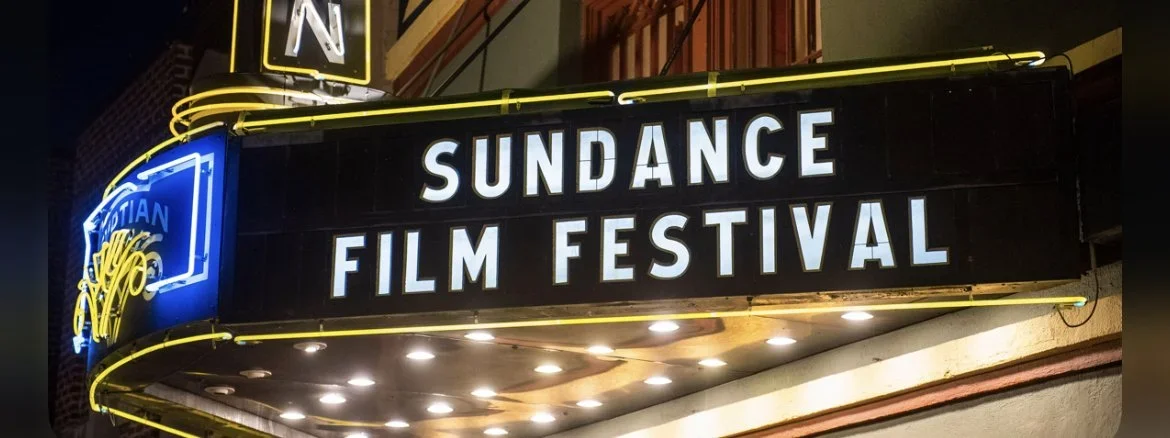You will read people raving about the importance of a movie like “Rafiki“ even existing and I can understand and agree with that. This is an openly pro-LGBTQ movie financed in a country that is a vehemently homophobic and, for that, a movie such as this one should no doubt exist. However, the meandering plot and contrived romance at the heart of this film does the film’s outer importance a major disservice. Starring Samantha Mugastia and Sheila Munyiva as Kenyan lovers Kena and Ziki , the film makes a point about how, despite their attraction for each other, the ultimate goal for them, in Kenyan society, is to “become good Kenyan wives.” Kena and Ziki want none of that, they want something more, which, for a shortened time period, does prove to be satisfactory as their love blossoms into serotonin-induced euphoria. Of course, all good things must come to an end, especially in these sort of cliche-ridden love stories, and so, the two girls end up having to choose between happiness and their own safety, which includes serious threats from the local villagers. The fact that director Wanuri Kahiu had the courage to shoot “Rafiki” in her native Kenya is enough to make you respect her intentions here, the film even made waves when it premiered last year at the Cannes Film Festival,, which happened to also be the first Kenyan film to be selected to screen at the festival. The Cannes bump didn’t seem to help the initial ban on the film in Kenya, which was eventually lifted for a brief period of time to meet eligibility for the Foreign Language category at the Oscars. This continued support, to bolster and promote minority voices in world cinema should not stop, but one is allowed to admit that such a commendable attempt at social justice can also result in intermittently dull art. [C]
Street Address
City, State, Zip
Phone Number
Home

‘The Age of Disclosure’: UFO Doc Turns Into Streaming Phenomenon, Outperforms Studio Blockbusters
Featured
This year’s 12th edition of the Scary Movies festival at Film at Lincoln Center premiered Ari Aster’s extended version of “Midsommar” this past Saturday.




